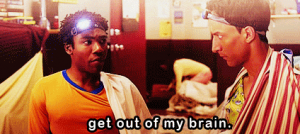Rory
Amateur Auteur
Hi Michael,
I think that if you read more of this thread you'll discover that my whole point is that StaffPad is a compositional tool and not a mini-DAW. In other words, I agree with you entirely. I use StaffPad myself, and think that it is great for what it was designed for and what it is actually marketed for.
I think you are a little confused about what Staffpad is actually for. It is not trying to replace or be a traditional DAW or engraving application.
It is a composition tool.
I think that if you read more of this thread you'll discover that my whole point is that StaffPad is a compositional tool and not a mini-DAW. In other words, I agree with you entirely. I use StaffPad myself, and think that it is great for what it was designed for and what it is actually marketed for.





